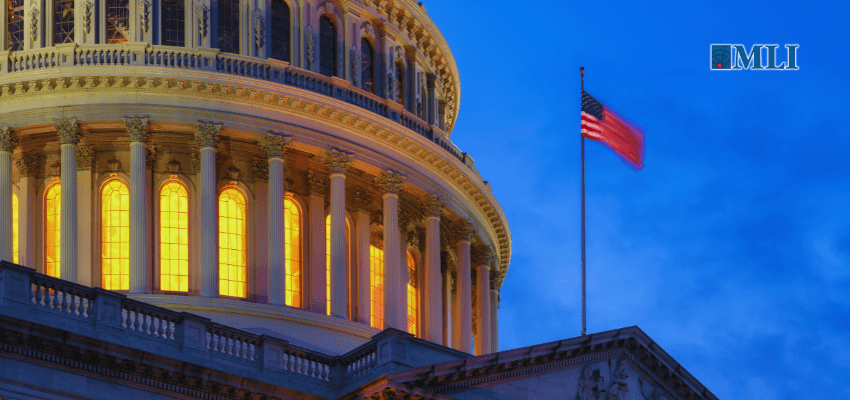This article originally appeared in the National Review. Below is an excerpt from the article.
By Jon Hartley & Joshua Rauh, June 4, 2025
With the Senate now taking up the “big beautiful” reconciliation bill, attention has turned to disagreements about the extent of spending cuts. The bill should have more of them. Yet another serious flaw is that the bill only temporarily extends full expensing for capital expenditures, missing an opportunity to embed a business tax reform that could boost American economic growth.
Worse, this failure would be an obstacle to achieving the ten-year 2.6 percent growth target that the House Budget Committee has set (let alone Secretary of the Treasury Scott Bessent’s goal of 3 percent growth). The Congressional Budget Office assumes 1.8 percent growth. If the bill could raise that number to 2.6 percent, it could cost $2.6 trillion less than its CBO price tag, according to House Budget Committee Chairman Jodey Arrington. That will require an economy firing on all cylinders.
As currently written, the bill only extends the provision permitting businesses to immediately deduct the full cost of capital investment in business equipment until 2029. Once it expires, such investments would have to be depreciated over years or even decades.
***TO READ THE FULL ARTICLE, VISIT THE NATIONAL REVIEW HERE***
Jon Hartley is a senior fellow at the Macdonald-Laurier Institute, a research fellow at the Foundation for Research on Equal Opportunity, and an economics Ph.D. candidate at Stanford University. He is also the host of the Capitalism and Freedom in the 21st Century Podcast at the Hoover Institution.
Joshua Rauh is a professor at the Stanford Graduate School of Business and a senior fellow at the Hoover Institution.








